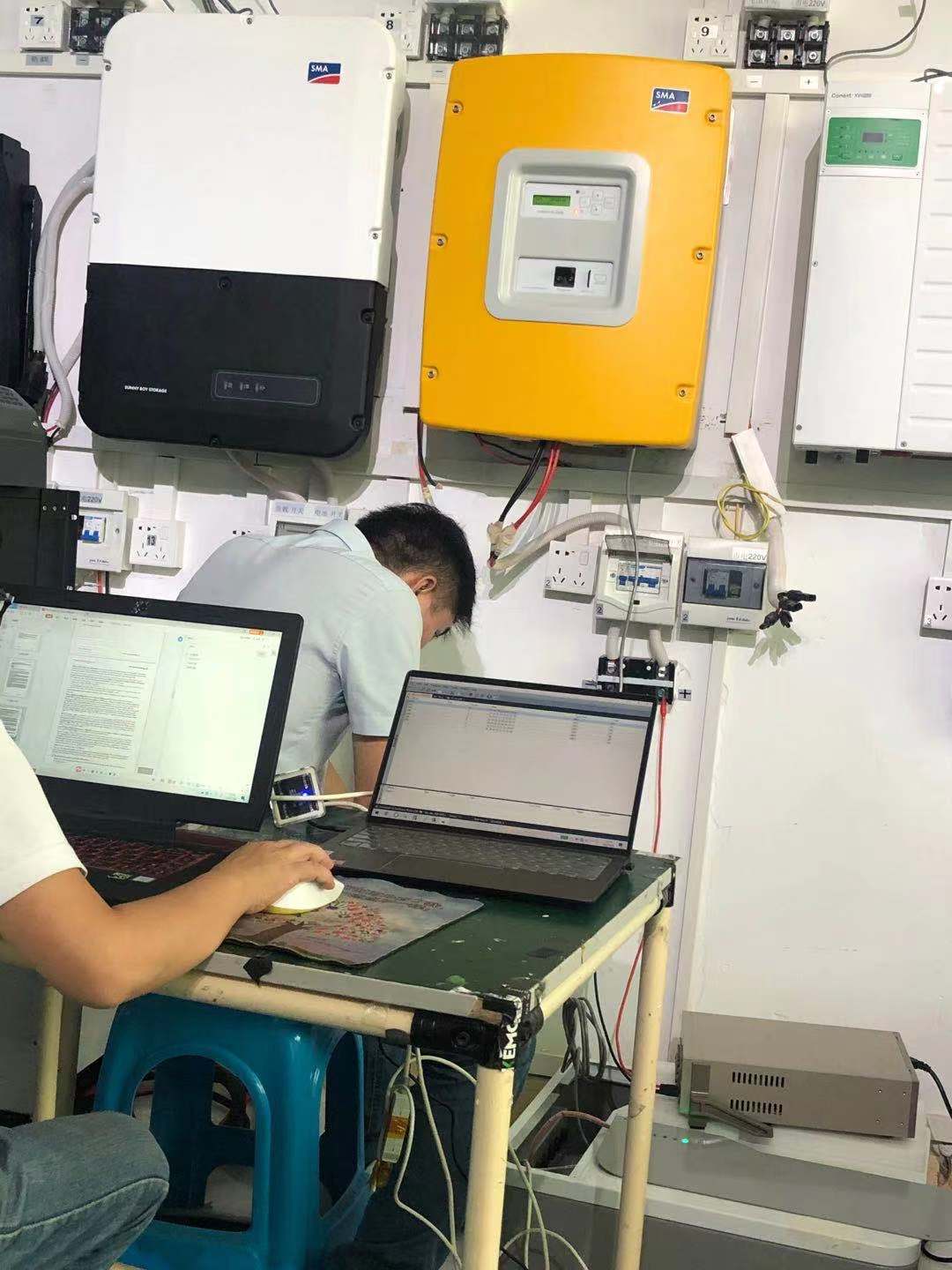There are many factors that can significantly affect the life of a battery pack on the shelf. What is the state of charge of the battery pack when stored? Are the batteries stored at cooler or hotter temperatures? Who is responsible for the internal electronics? And so on...
What is certain is that if the battery pack is below a specific charge capacity, then the pack will stop charging completely and thus reach the end of its life. How long it takes for a battery to reach this specific stage depends on the manufacturing process and elements as well as the factors mentioned above. Taking all of these factors into account, you can certainly expect your battery to last 3 to 6 years on the shelf if you take care of it properly.
If you are wondering how many charge cycles you can expect from a lithium battery, then again this depends on several factors. This includes the battery capacity and configuration, and of course, the ambient storage temperature. In fact, it matters how you behave with the battery when it comes to the charge cycles it can go through before it becomes worthless.

So, regarding charge cycles, how long does a lithium battery last? Most manufacturers claim that battery users can expect more than 1,000 charge cycles. A charge cycle means discharging it and then recharging it again.
When comparing the lifespan of lithium-ion batteries with other batteries such as NiCad, the former have a better life cycle. The first reason is that lithium-based batteries are subject to some environmental influences compared to other batteries. In addition, they have low self-discharge in storage. All of these features ultimately help to extend the life cycle of the battery.
Lithium-based batteries continue to be enhanced, which is likely, or you can expect them to last for many years to come.
Considering "dead" battery packs, it is important to note that the battery containing the pack is not dead. When the battery voltage falls below a specific voltage, the battery management system will disconnect the battery from the battery pack terminals. In this case, the battery management system will prevent the battery from discharging further. It does, however, leave them in charge.
Thus, a depleted battery pack may be recharged or fast-started, and all you need to do is apply the charging voltage until the battery regains the proper voltage to allow the battery management system to connect again for discharge.
However, many available lithium-ion battery systems are made from large prismatic cells connected to the battery's external management system. In this case, the battery can be discharged to dangerously low voltages. If the battery is over-discharged, the copper metal surface on the anode begins to melt into the electrolyte. After charging, the copper metal begins to reform, but this action can lead to an internal short circuit and result in an extremely dangerous situation.
Considering all these factors, used lithium batteries, especially rechargeable ones, should be recharged rather than recycled.
Lithium-based batteries are preferred over other battery technologies because of their extremely low maintenance costs, high stability and low self-discharge rates. While lithium-based batteries have several advantages, they also have their drawbacks. That's why it's important to understand how to care for and extend the life of your batteries.
Lithium-based batteries should be kept at a lower temperature, as heat is one of the biggest contributors to any battery damage. In fact, try to store your batteries at temperatures that are not too hot or not too cold. Room temperature is considered ideal for batteries year-round, and humidity is usually low as well.
Water and lithium are two things that should not be mixed. If this is done, it can lead to the formation of very flammable lithium hydroxide and hydrogen gas. Batteries can catch fire, and the situation can become worse if water is poured over them. The best thing to do is to store all lithium batteries away from water sources.
Charge your batteries before they are completely dead. Not letting it drain completely will extend the life of the battery. If you plan to store lithium batteries for a long time, make sure you do so in a half-charged state.
Many batteries are quickly depleted due to incorrect charging voltages. One of the main advantages of using lithium batteries is that they can be charged quickly, so you don't have to mess with the process. In general, the appropriate charging voltage for a 12V LiPo battery is 14.6V.
Managing storage temperatures, keeping them dry and ensuring proper charging will help extend the life of your lithium batteries.
